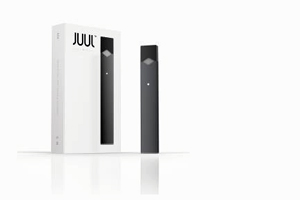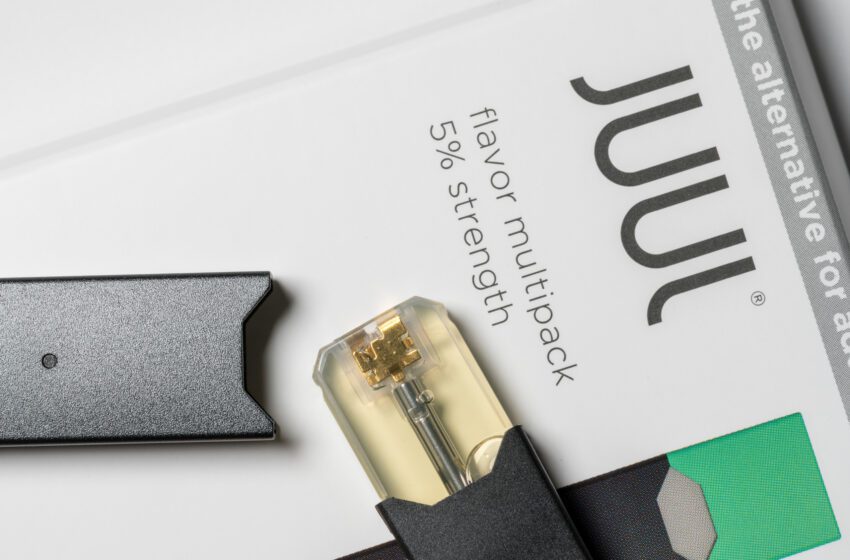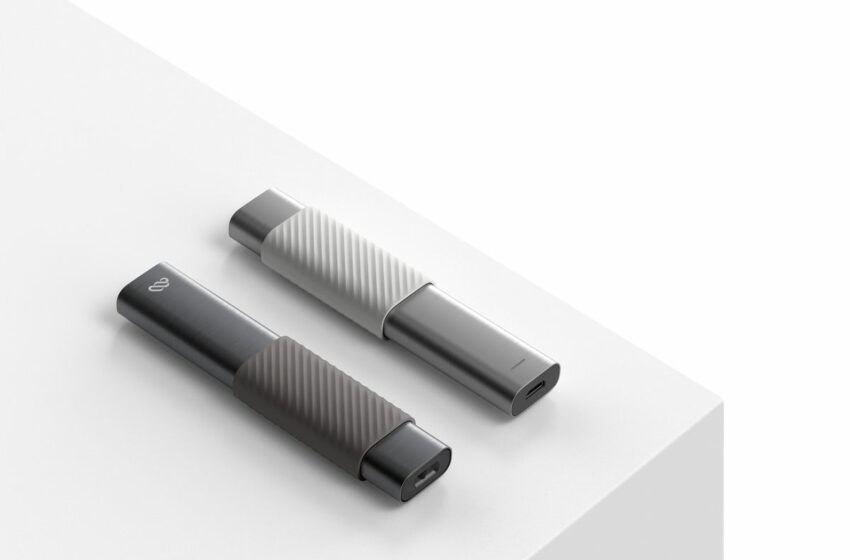One of the top scientists behind electronic cigarette leader Juul Labs Inc. is striking out on her own to launch a new e-cigarette brand in China, according to a story in Bloomburg news.
Chenyue Xing’s company, Myst Labs, has developed a slick silver device called the Myst P Series that will debut at the Global Mobile Internet Conference in Guangzhou on Saturday, according to the story. Resembling a USB flash drive, the 399 RMB ($58) e-cigarette was designed to solve some of the challenges facing Juul, which is under fire in the U.S. for high-nicotine products critics say encouraged addiction among millions of non-smokers, many of them minors.
“Juul’s technology is now three years old. I don’t think it’s made any other innovation on the liquid formulation since they launched,” says Xing, who co-invented the nicotine salt technology behind Juul’s e-cigarettes before leaving the startup in 2016, according to the story. “There’s much more to be done, especially in China where there’s hundreds of millions of smokers who we could help to eventually quit smoking.”
Xing, Myst’s chief scientist and co-founder, says the P Series has lower nicotine levels than Juul products and was formulated to appeal to current smokers — avoiding the fruity flavors that might lure in teenage newbies. Myst plans to avoid social media advertising and will deploy facial recognition software in retail stores and online sellers to help ensure minors don’t buy its products. Juul didn’t immediately respond to a request for comment.
“Just like kids who drink beer are turned off by the taste, we’re looking to create a nicotine formulation that kids won’t like and only veteran smokers will enjoy,” Xing says, according to the story.
Xing, 37, grew up in Shanghai and moved to the U.S. to study. She got a Ph.D in chemical engineering at the University of California, Davis, and worked at U.S. biotech and pharmaceutical companies, specializing in orally-inhaled drugs for diseases like asthma, according to the story. She says she went to work for Juul to help people stop smoking but left when the parent company expanded its focus to offer marijuana vaporizers. Now, she wants to build an e-cig leader like Juul for her home country.
She started Myst this year with co-founder Thomas Yao, who is also a founding partner at IMO Ventures, a venture firm focused on early stage investments in Asian startups that want to bring their technology to the U.S. or Europe, or vice versa, according to the story. In addition to scooter startup Lime, his firm was also an early investor in Indian digital wallet Paytm, which is now backed by Alibaba Group Holding Ltd. and SoftBank Group Corp.
Myst’s two dozen employees are split between Silicon Valley, where scientists work on research, and Shenzhen, where the manufacturing and marketing staffs make and sell the devices. The company declined to disclose how much money it has raised so far, but Yao says it has “more than enough funding to get us to profitability.”
Myst faces intense competition in China, where dozens of e-cigarette startups have collectively raised tens of millions of dollars in an attempt to profit from the world’s largest tobacco market, according to the story. The e-cigarette craze has hit as overall funding for tech startups has slowed in China, with venture deals dropping 77% in the second quarter from a year earlier, according to market research firm Preqin.
“This initial land grab is so important,” said veteran angel investor Rui Ma. “For tobacco and other hedonistic products, most people are loyal to one brand.”
RELX, a startup co-founded by a former Uber China executive, has already raised funds from investors including Source Code Capital, IDG Capital and Hike Capital. Startup Moti Technology, which operates in Las Vegas and Shenzhen, has said it raised more than $30 million from investors, including ZhenFund, and plans to generate $120 million in annual sales. Juul itself is also said to have ambitions to enter the Chinese market.
The global e-vapor market grew to $15.8 billion in 2018 from $3.7 billion in 2013, according to Euromonitor International. China represented only $750 million of that market last year, according to the story. Despite the rapid growth of e-cigarettes in the U.S., it’s still uncommon to see them in the hands of China’s 350 million smokers.









